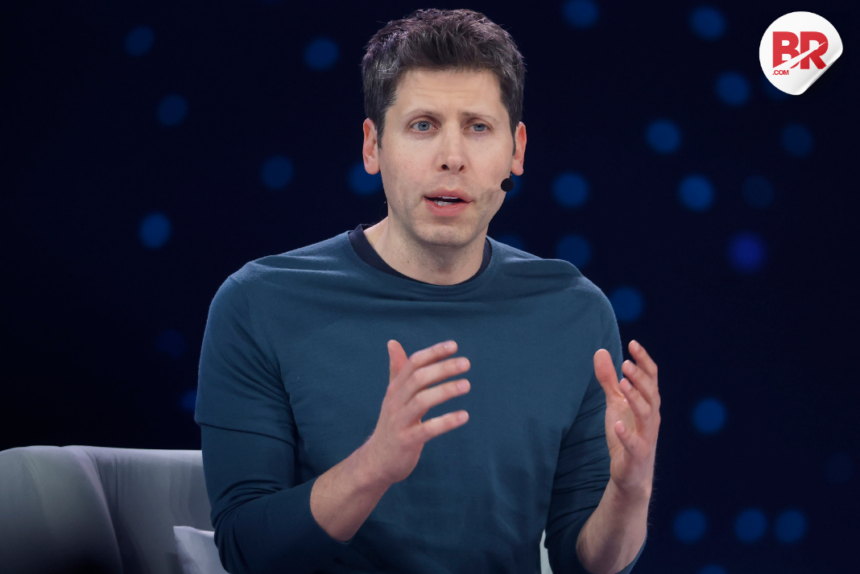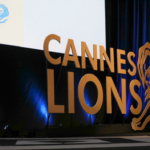
OpenAI CEO Sam Altman just dropped a big update on the company’s new podcast. GPT-5 is launching this summer. While he didn’t give a date, the message was loud and clear: a major AI upgrade is on the way.
This comes as the AI world heats up with fresh competition and serious questions around privacy and ethics. Business Insider recently reported that GPT-5 feels “materially better” than GPT-4, according to early testers. That’s a bold claim—one that sets the stage for a major shift in the generative AI race.

OpenAI’s business mainly runs on enterprise customers who pay for premium AI features. So, GPT-5 is clearly designed to keep that engine running—and fast.
But here’s where it gets interesting.
Sam Altman isn’t ruling out ads on ChatGPT.
That’s right. The guy behind the world’s most popular chatbot says he’s “not totally against” monetizing with ads. But—and this is a big but—he warns that it has to be done carefully. He made it clear that if paid ads ever start influencing the chatbot’s answers, it would be a “trust-destroying moment.” And he’s not wrong.
Altman suggested that if ads ever show up, they’d stay outside the chatbot’s actual replies—maybe in a sidebar or footer. Nothing invasive, and definitely not sneaky. “The burden of proof has to be very high,” he said. “It must feel useful to users and crystal clear that it’s not messing with what the AI says.”
Introducing the OpenAI Podcast—a series of conversations with the people shaping AI. @sama joins @andrewmayne on the first episode to talk about AGI, (wen) GPT-5, privacy, and what comes next. pic.twitter.com/THQOWn8rDw
— OpenAI (@OpenAI) June 18, 2025
That’s a rare take in tech these days, where monetization often comes at the cost of user trust.
Also Read From ChatGPT to Cyber War: Why the Pentagon Just Gave OpenAI $200 Million
But while OpenAI preps GPT-5 and considers new revenue streams, legal storms are building.
The company is in a heated legal fight with The New York Times over copyright. A judge recently ordered OpenAI to preserve all ChatGPT output logs—even if users ask for deletion. That includes logs protected by global privacy laws.
Right now, OpenAI only stores deleted chats for 30 days before wiping them. But the court’s decision overrides that, at least for now. The company plans to appeal.
Altman called The Times’ request “a crazy overreach.” He insists that privacy should be core to how AI is built and used. It’s a bold stance, and one that may win points with users—even if courts don’t agree just yet.
As GPT-5 gets closer, the choices OpenAI makes around ads, privacy, and user trust could shape how the public views AI for years to come.
Also Read Neal Mohan at Cannes Lions 2025: Veo 3 AI Coming to YouTube Shorts This Summer












